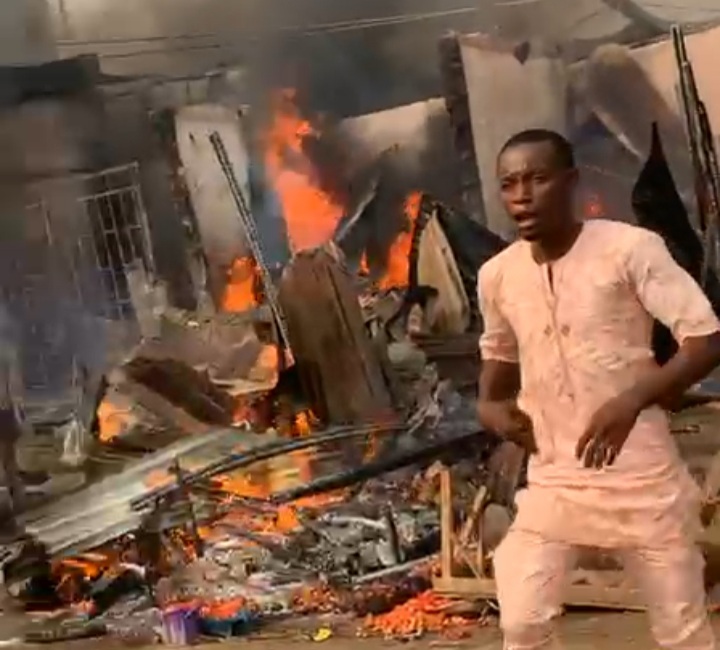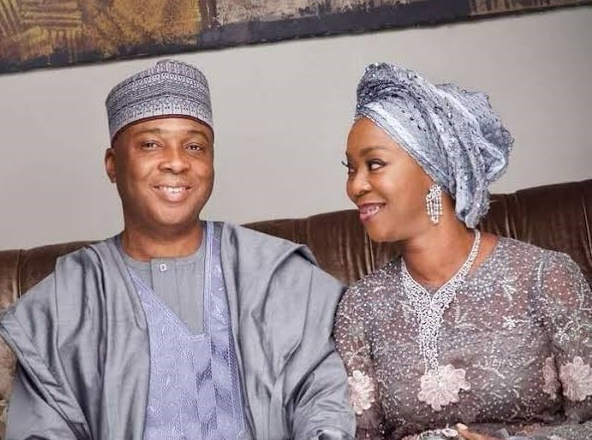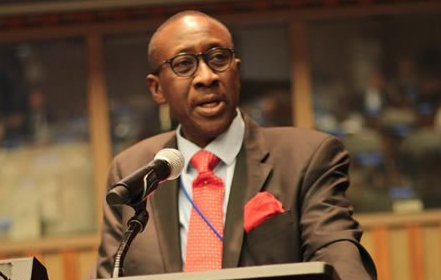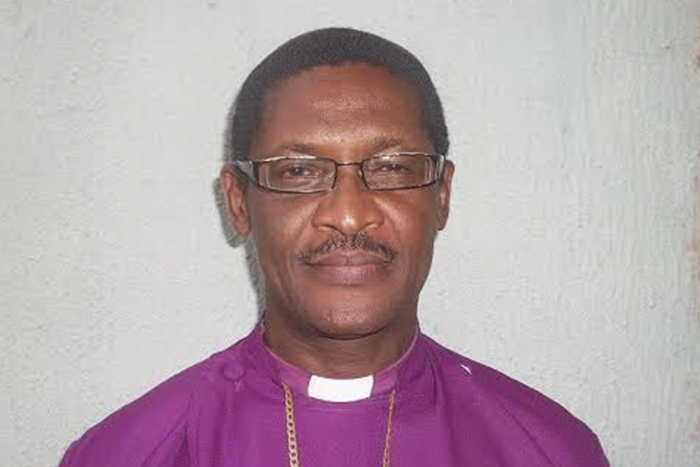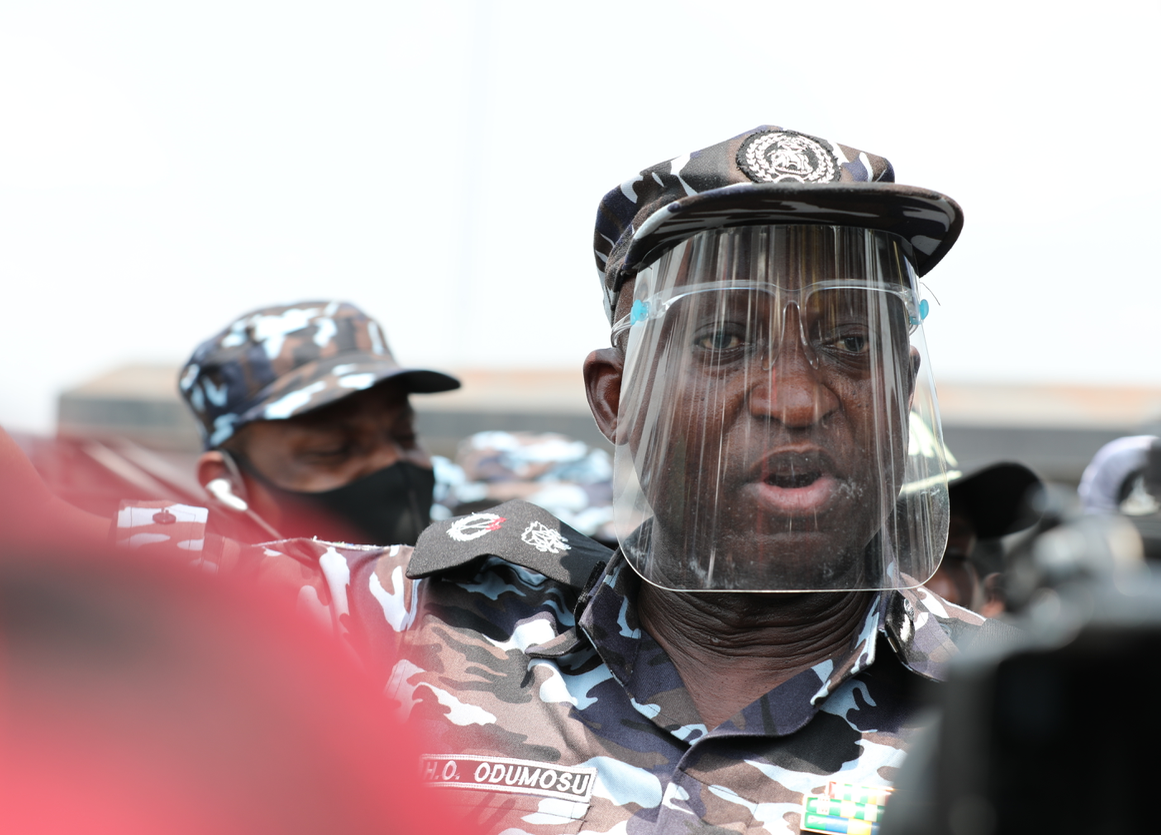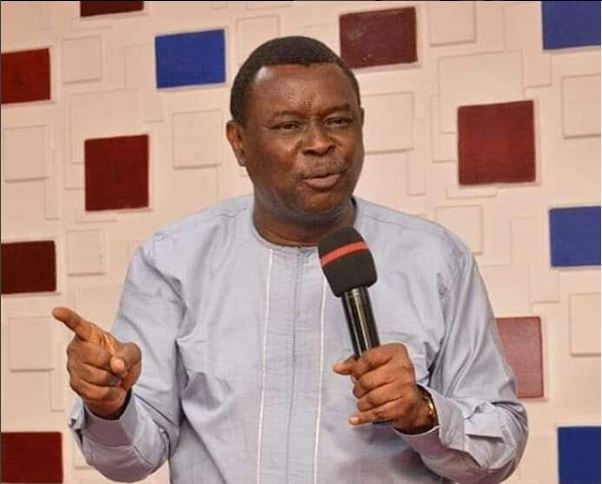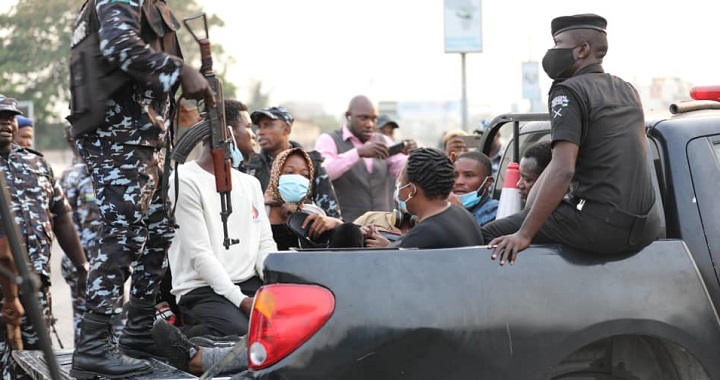Residents of Akinyele local government area of Ibadan says despite the closure of Shasha market owing to an ethnic clash that reportedly left one person dead, they live in fear of reprisal attacks.
The market was closed by the Oyo state government on Saturday after an ethnic clash claimed the life of a cobbler — and with property destroyed.
Apesin Isaac, a trader in the market who spoke to TheCable, said the crisis began on Thursday after the cobbler, who was Yoruba, was stabbed by a Hausa man who used wheelbarrow to help people convey their goods from the market to the main road.
According to him, the cobbler was mediating between the Hausa vendor in the market and a pregnant woman. He said the Hausa wheelbarrow pusher got enraged after the cobbler tried to stop him from attacking the woman. The disagreement was over the amount of money the woman would pay for services rendered by the vendor. According to Isaac, Friday’s clash was not the first between Yoruba and Hausa traders in the market.
Advertisement

“There has always been tension in the market because of frequent fights between the Hausa and their Yoruba hosts. Before now, we have had clashes as a result of disagreement over who had the rights to collect royalties in the market. We have also had clash over who should have control of the market,” Isaac said.
“Shasha market is a destination point for Hausa traders who bring pepper, tomatoes, cattle and other kinds of goods from the north. They stop here to distribute the goods to their customers. Apart from their Yoruba customers, there are many Hausa in the market who engage in petty trading. They sell cucumber, oranges and vegetables. Over time, they settled in small groups and got accommodation among their hosts.
“When the market got bigger, competition for limited goods and spaces began to sprout. Being the hosts, Yoruba traders think they have the rights to determine who takes what but our people from the north also express their opinion that they are the largest suppliers of almost all goods in the market.
Advertisement
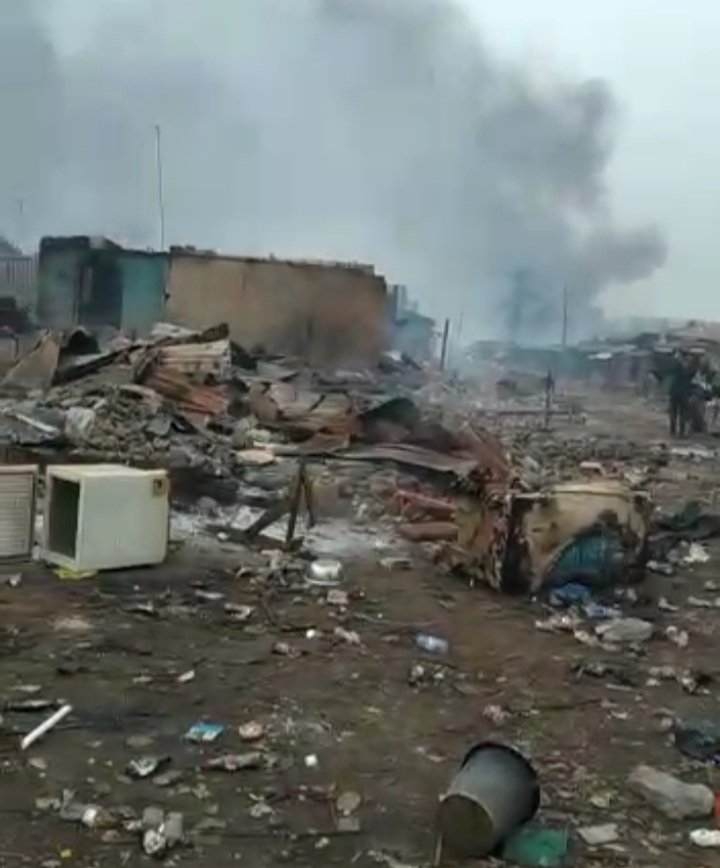
“On Thursday, the argument between the cobbler and the Hausa man snowballed into violence. The cobbler was stabbed by the Hausa man and taken to a hospital nearby for treatment. He did not survive it however. I was at the market on that day. Because I have a house in the area, I normally leave the market late. Before I left on that day, there were rumours that the cobbler was hit with a fetish object apart from the stabbing.
“When further news filtered in that he might die from the effect of the wound and the charm, tension rose but it did not develop into full-blown violence until Friday morning, when both groups engaged in a bloody clash and destruction of property, including houses belonging to people outside the market,” added Isaac.
Although calm has returned to the area after the market was shut by the state government, Isaac said government action was not enough to quench the hatred both ethnic groups have for each other. He also blamed security forces for taking sides when they arrived at the scene of the crisis.
Advertisement
“The market is closed now indefinitely, meaning that economic activities have come to a halt. Economic activities of most residents in this area are tied to the market. Now, we don’t know when we will resume buying and selling,” he said.
“But like I said, there is permanent tension here. The two ethnic groups don’t trust each other. Any small disagreement could grow into a large crisis. We now live in fear of reprisal. Some youths are threatening retaliation which could degenerate into another problem. They are of the opinion that whenever police and the military came to settle fights between the two ethnic groups, they take side of the Hausa.”

Kayode Olabode, another resident of Shasha community, told TheCable that he has fled the area out of fear if being attacked.
Advertisement
“My family is in Lagos but I live in Shasha because of my work. I was on my way out when the crisis began in Friday but with the news I am hearing, I have not gone home. My other friends who also live in that area have all fled. I stay in a hotel now in Ibadan and I will not go back until normalcy returns,” he said.
“The number of people who died in the attack is more than one. Apart from the popular cobbler, some other people were killed and seriously injured. I have pictures and videos sent to me. The government acted too late. People are enraged, serious action must be taken to avert further attack.”
Advertisement
